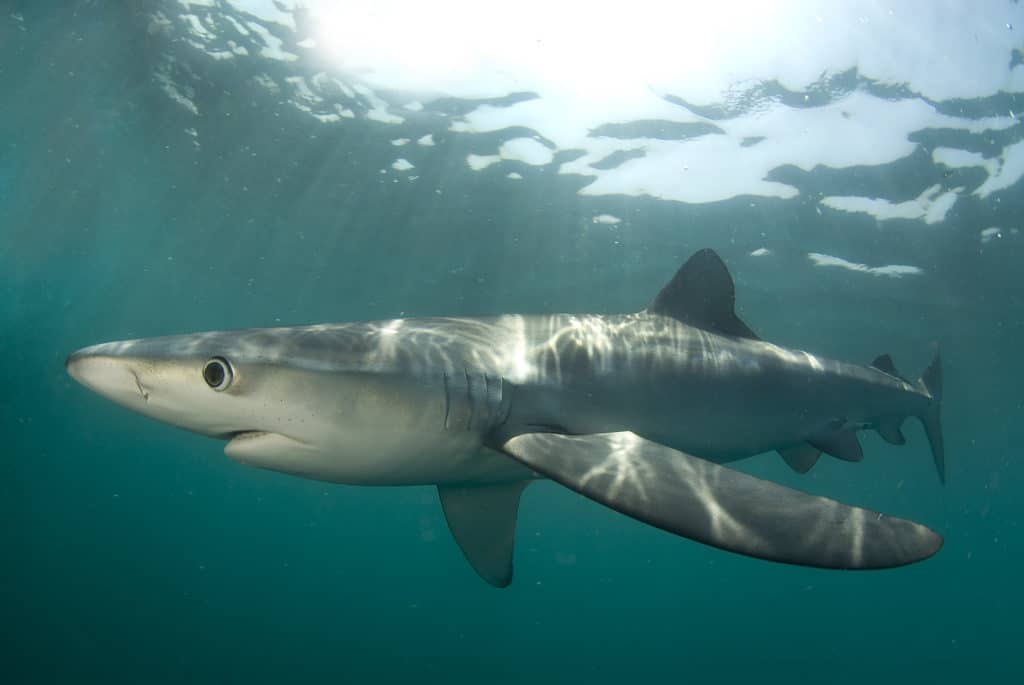
Photos of 2019 Science in Public Event at the Brisbane Hotel in Perth. Photos Credit – Ross Swanborough.
Small changes to marine parks could make a big difference to mako sharks and many other ocean shark species, says UWA researcher Charlotte Birkmanis, lead author of a paper published in Global Ecology and Conservation today.
Sharks are the peak predators across the world’s oceans. They’re essential to the health of the oceans, and of the fisheries that billions of people depend on.
Continue reading Redrawing the lines of our marine parks for sharks











